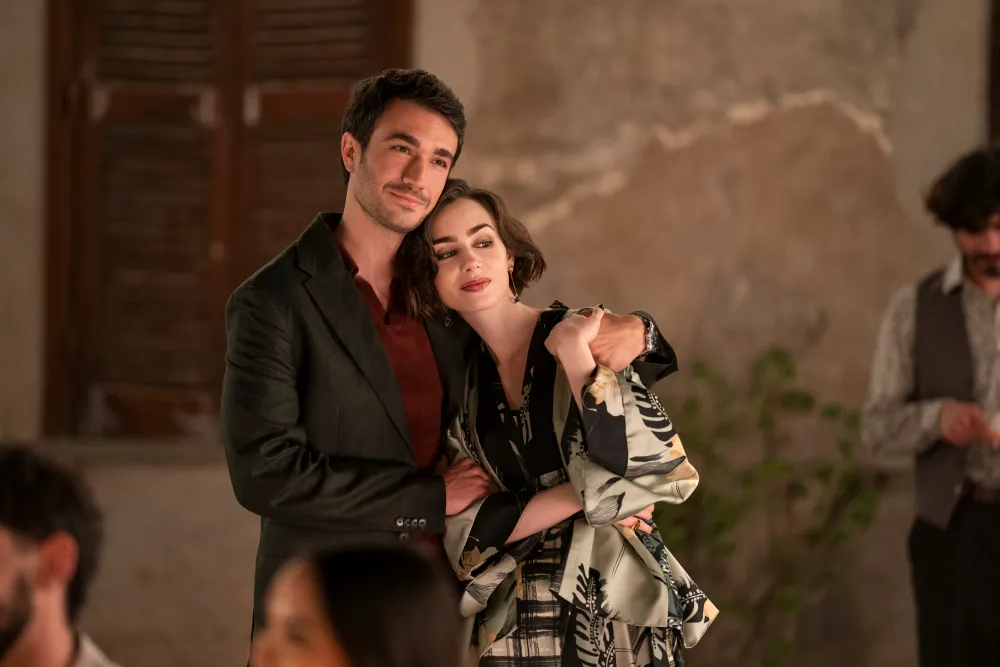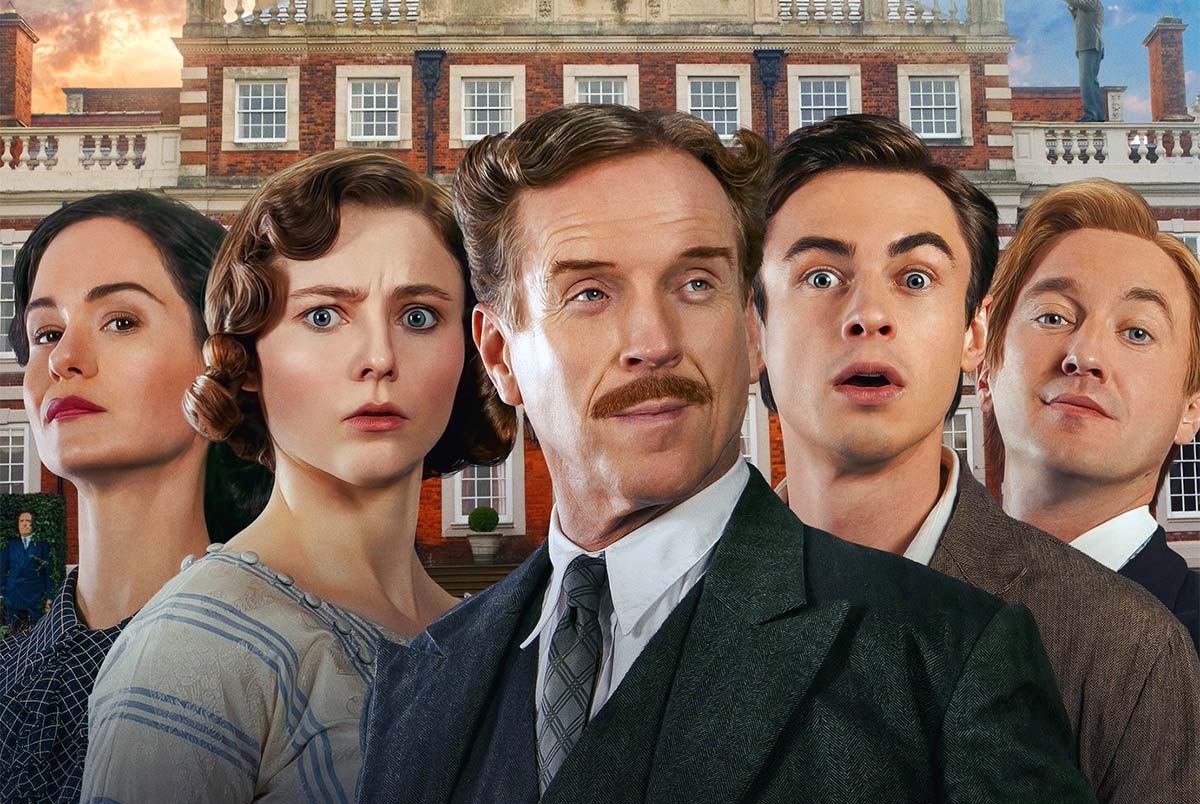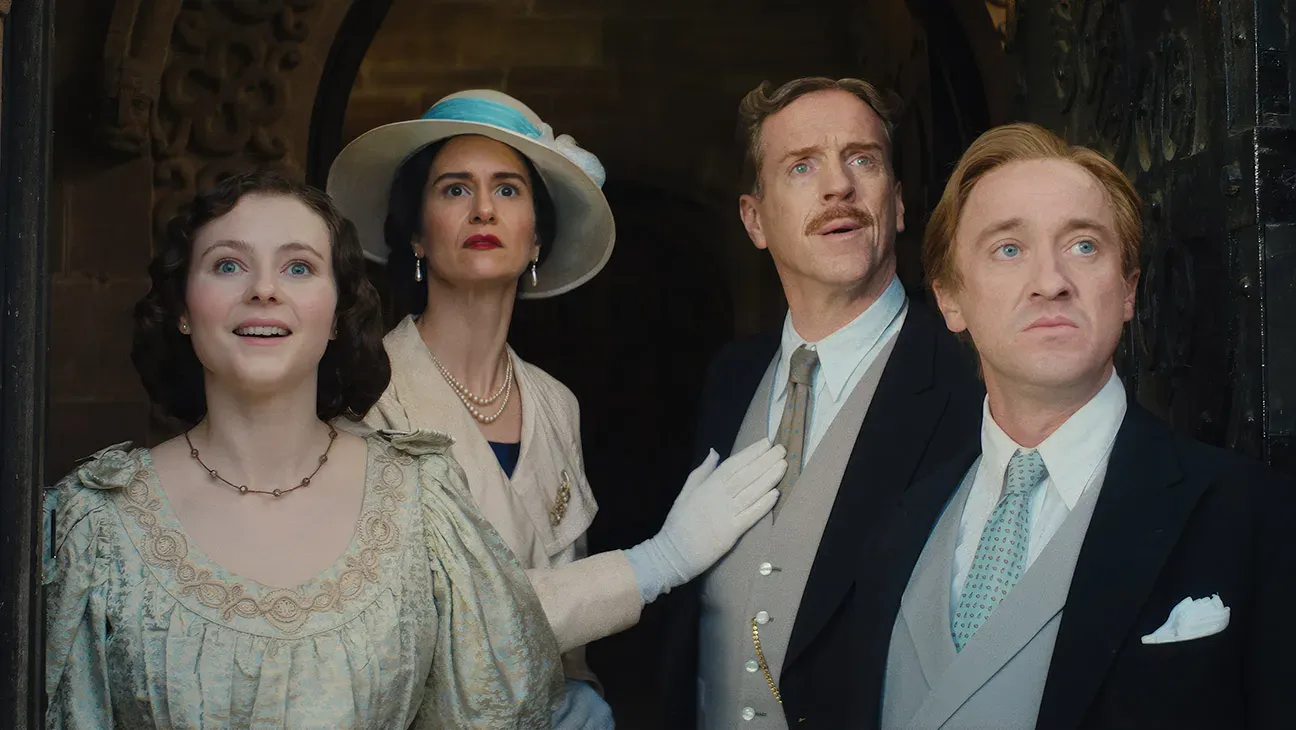
Too Many Men (2024) — Movie Review
- Jun 21, 2024
The adaptation of Australian-born novelist Lily Brett's 2001 novel "Too Many Men" skillfully intertwines history, emotion, and self-reflection. The novel revolves around the lives of Ruth Rothwax, portrayed by Lena Dunham, who deals with self-loathing issues arising from a failed marriage, weight struggles, and an estranged relationship with her father Edek, played by Stephen Fry, a Polish Jew who survived the Holocaust. The narrative unfolds as the pair embark on a journey to Poland in 1991 to explore Edek's tragic past.
The omission of conversations with Rudolph Hoess, the Auschwitz commander, from the narrative by director Julia von Heinz and co-writer John Questor still leaves a potent tale of exploration and revelation. The story is fraught with tension as Ruth and Edek confront their family's past- including their family's former house, which now serves as a residence for a poverty-stricken family who has been living there since 1940.

The movie also grapples with the question of whether Edek will accompany Ruth to Auschwitz, which the Poles they encounter refer to as a “museum” invoking Ruth's fury. Adding to the complexity is Ruth's frustration towards her father's reticence about discussing his traumatic past and his newfound interest in life after her mother's demise.
Despite its slow pacing and uneven structure, the film manages to present poignant moments, thanks to the performances by Lena Dunham and Stephen Fry. Their powerful individual scenes break through their public personae, and provide stirring relief, especially during their confrontations with their pasts and with each other. The Auschwitz sequence, in particular, is surprisingly well-handled, making it easier to overlook the film's sentimental wrapping up, despite its cinematic shortcomings.







